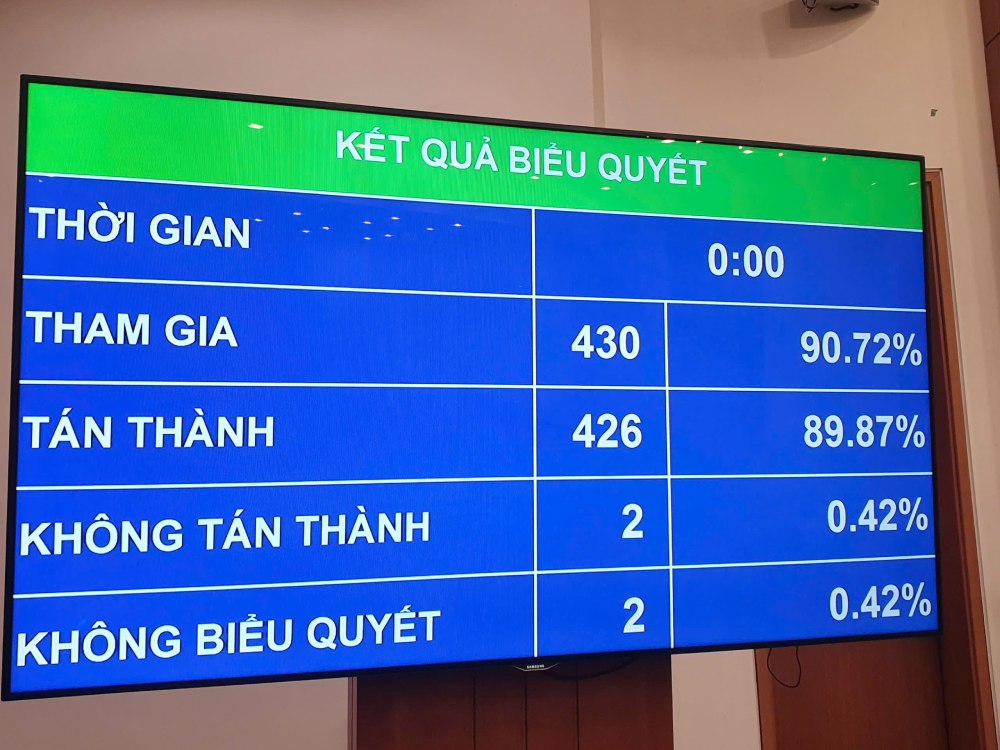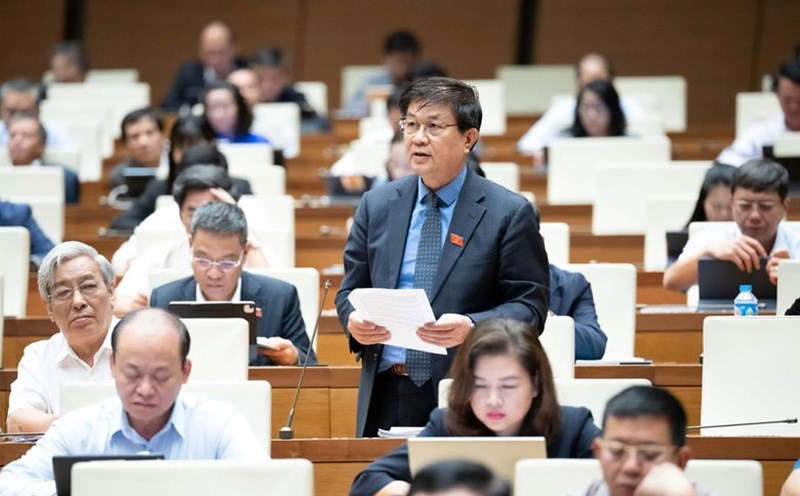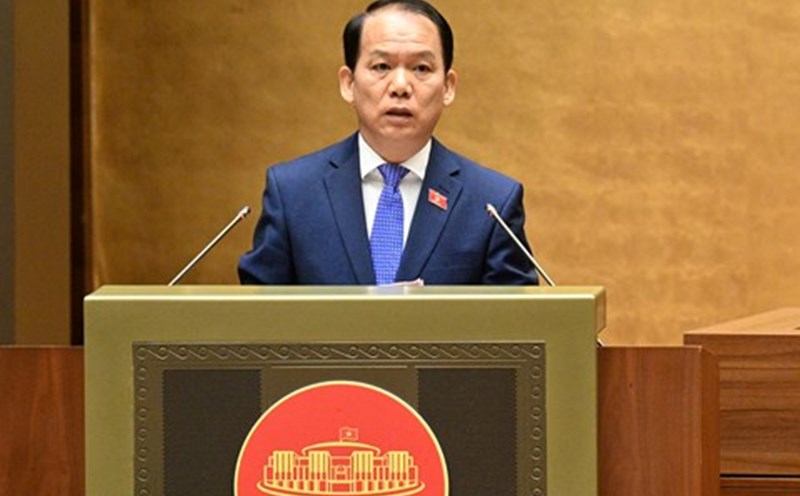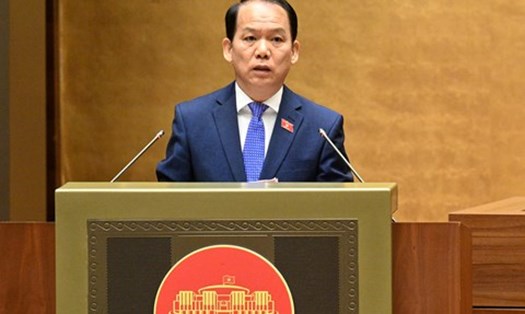On the morning of November 26, with 426/430 delegates participating in the vote, the National Assembly passed the Extradition Law.
On behalf of the National Assembly Standing Committee (NASC) reporting on the explanation of the acceptance and revision of the draft law, Chairman of the Law and Justice Committee Hoang Thanh Tung informed about cases that may be extradited (Article 7).
According to Chairman Hoang Thanh Tung, there are opinions suggesting raising the minimum penalty threshold of 2 years in prison or more in Clause 1, Article 7 to ensure the effectiveness of international judicial cooperation, avoid wasting administrative resources on small cases, and at the same time demonstrate humanitarian policies and instructions for truly serious acts that endanger society.
The National Assembly Standing Committee believes that the regulation "a person who may be extradited is a person committing a crime under Vietnamese and foreign laws with a prison term of 1 year or more..." in Clause 1, Article 7 of the draft Law is a content inherited from the current Law on Judicial Assistance (Article 33).
This regulation is in line with international practices and commitments in extradition agreements that Vietnam has signed, to ensure flexible and timely cooperation in many cases and unlimited in serious crimes.

In fact, the competent authority can consider the possibility of extraditing a person for a crime with a prison sentence of 1 year prescribed by law, but that person plays an important role in resolving the case.
According to Chairman Hoang Thanh Tung, our State's humanitarian policies are guaranteed through the mechanism of reviewing each specific case, not by setting additional criteria on the level of punishment.
Raising the prison penalty threshold higher will lead to the inability to extradite cases with low penalties despite clear international influence, reducing the effectiveness of international judicial cooperation and failing to overcome the risk of human rights violations in each specific case.
Therefore, to ensure international competitiveness, maintain effective cooperation in the fight against transnational crimes and ensure the consistency of the legal system, it is recommended that the National Assembly keep the minimum penalty threshold of 1 year in prison as prescribed in the draft law.
The notable new content is that the law clearly stipulates detention in emergency cases before requesting extradition.
Accordingly, Article 33 of the Law on extradition stipulates both procedures and conditions for detention in both cases: Vietnam and foreign countries are both members of international treaties; Vietnam and foreign countries are not both members of international treaties on extradition.
The Ministry of Public Security will check the validity of the document requesting detention according to regulations. If the request document is valid, the Ministry of Public Security will transfer it to the competent police agency to decide to detain the person and take him to the accommodation facility.
The document requesting detention in an emergency must have a reason and purpose; information about the charges and penalty framework; a commitment to compensate for damages in cases of injustice or wrongful convictions for the person being detained in an emergency before requesting extradition.
The emergency detention period is 45 days from the date of admission to the accommodation facility. The Minister of Public Security will specify in detail the detention of people in emergency cases before requesting extradition.











